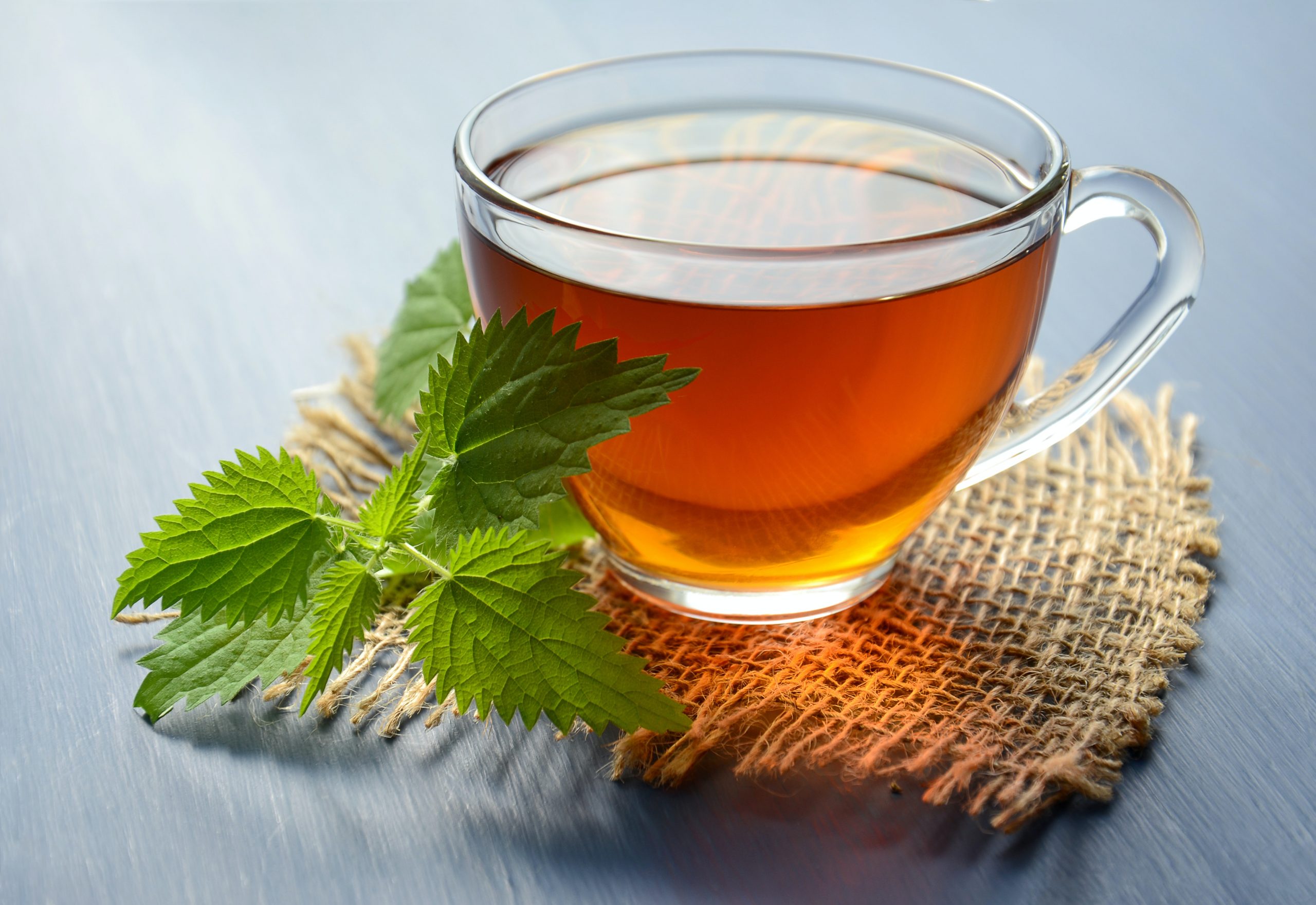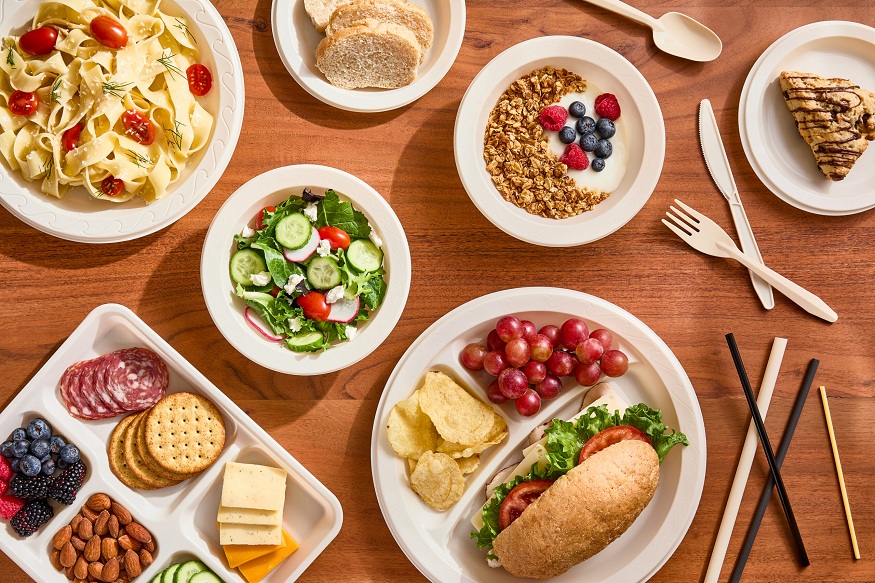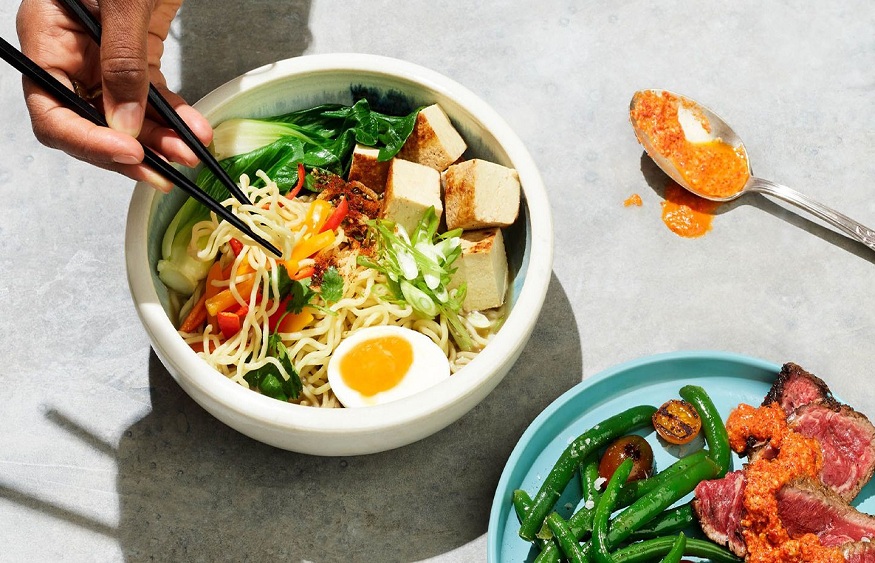A perfectly blended coffee can still result in a less than satisfactory cup if the type of water used is overlooked. While coffee beans and roasting techniques get most of the glory for achieving balance, sweetness, and a smooth finish, poor quality water can prevent proper extraction of taste potential. The minerals and contaminants present in water significantly influence the flavors extracted during brewing. For a richer coffee flavor, upgrade to water specially formulated with minerals ideal for brewing.
Why Filtration Alone Falls Short
A common solution for coffee enthusiasts involves filtration systems stripping away unwanted minerals and chemicals found in tap water that alters tastes for the worse and leaves deposits inside equipment. This helps remove chlorine and other contaminants affecting quality and safety but tends to trade one imbalance for another. Aggressive filtration aiming to severely soften water creates the risk of flat or acidic coffee when essential minerals get removed. Without elements like calcium and magnesium for proper extraction, the drink never reaches its potential.
Why Glass-Bottled Spring Water Offers the Best Taste
In nature, protected mountain spring water sources achieve that perfect balance and buffering capacity filtering to an exquisite harmony of pH and minerals through pristine ecosystems and untreated aquifers. The most sustainable method for enjoying this elite caliber of water specifically balanced for all coffee’s subtle intricacies means having batches bottled solely in reusable glass containers delivered directly from secluded spring sites to residences. Choosing a specialized spring water company such as Alive Water offering glass bottle delivery services means no plastic waste while accessing elite water purity bottled straight from the source lacking any upsetting industrial contaminants or treatment facility side effects.
Water Factors Impacting Specialty Coffee
- TDS Levels: The total dissolved solids (TDS) level of water indicates its hardness or softness. Too low under 50ppm, and water cannot extract oils. Too high over 500ppm, and bitterness results. The sweet spot falls between 150-250ppm.
- pH Level: Water pH between 6.5-7.5 proves optimal, 6.5-7 ideal. Below 6 intensifies acidity, and above 8 adds bitterness.
- Filtration & Remineralization: Complete demineralization makes flavorless coffee. Blending re-filtered water with calculated remineralization creates the ideal mineral blueprint for coffee with no odd tastes, odors, or residue.
- Bottled at Source in Glass: Untreated spring water bottled directly in reusable glass bottles preserves balanced integrity and temperature stability throughout brewing and drinking.
Taste Beyond the Counter
Coffee shop baristas pay meticulous attention to ensuring water standards do not affect taste for customers. Yet once that cup leaves counters, maintaining flavor integrity falls to chemistry beyond their control. Portability boosts convenience, but plastic cup permeability also means aroma and heat dissipation en route to the first sip. Even non-leaching containers still hold limitations on storing water quality over duration compared to glass. So for coffee lovers wanting to recreate the gourmet cafe experience at home, having the ideal spring water for superior coffee along with thermal glass bottles for drinking offers a sustainable path to savor elite flavor anywhere. The mega-trend toward premium specialty coffee shows no signs of slowing, but having the right water remains the secret often left out of the upscale equation after leaving shops.
Conclusion
Water composes the majority of coffee, both as the grounds extraction medium and the drinking experience itself.Look for balanced water in reusable containers and your taste buds will thank you.




